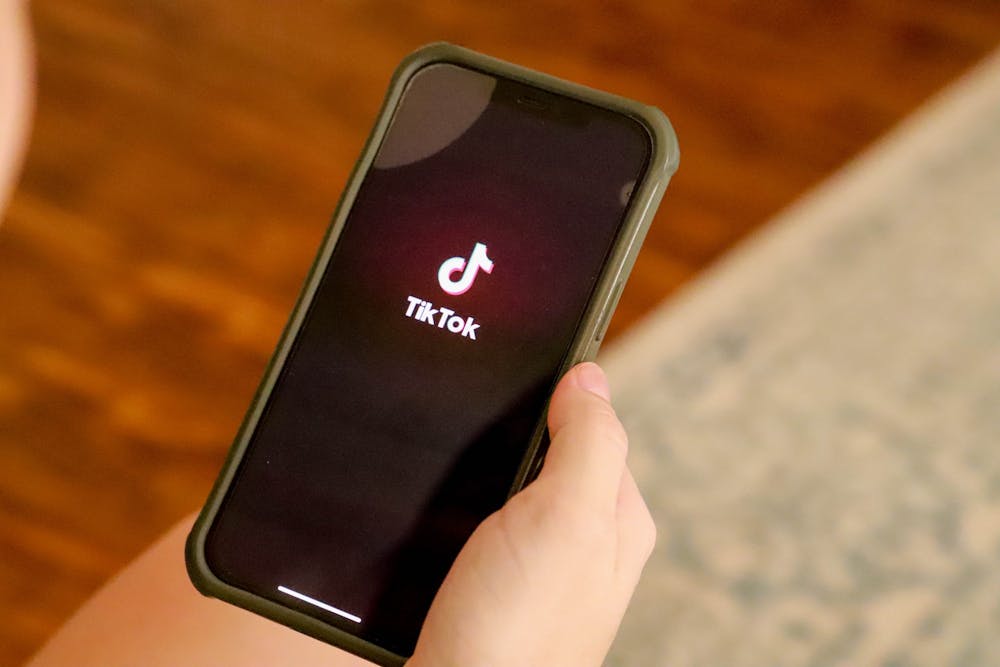Last month, the U.S. House Committee on Energy and Commerce grilled TikTok’s Chief Executive Shou Zi Chew during a hearing about the platform’s relationship with the Chinese government. This ongoing bipartisan battle against the app highlights how social media companies can abuse users’ data rights – even if TikTok is an undue, yet convenient scapegoat.
In 2020, former President Donald Trump ordered a ban on new downloads of TikTok in the name of national security, as Chinese firm ByteDance owns the app. President Joe Biden revoked the executive order, signaling that his administration would avoid conflicts with the company.
Instead, conversations of a potential ban returned due to the current administration’s review of apps owned and designed by “foreign adversaries,” a designation China has been categorized under. Rather than ordering an outright ban, federal officials demanded that the app be sold.
Really, the government’s fight is with China, who they fear will use the company to manipulate and spy on the millions of Americans who use TikTok every day.
What Republican and Democratic lawmakers are concerned with is the inappropriate use of data, but targeting TikTok misdirects their frustration, thinly cloaking it in nationalism and xenophobia. Rebuking TikTok for the dangers of their data practices fails to acknowledge the practices of American companies — a real pot and kettle situation.
Representatives challenged TikTok’s data collection, questioning how the Chinese government can use personal user information. During the hearing, Chew was chastised over child safety and mental health, misinformation and manipulative advertising.
These anxieties focus on data practices also implemented in American companies. When American companies access and utilize user data, it’s innovative and efficient, but when another country competes at the same scale, it’s an imminent threat to national and user safety.
The irony of this case is how glorified and normalized the use of data is when American-owned companies are in control.
Last year, the Transportation Security Administration began testing the use of facial recognition software for passenger identification. I recently came back from a trip to the U.K. and, upon my arrival in Chicago, faced this kind of biometric technology at U.S. Customs (pun intended). The banners draped in the hallway leading to the scanners promoted biometrics as more “efficient” and “safe.” Those same flyers did not detail how the data collected would be stored or used in other contexts.




